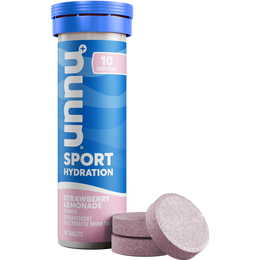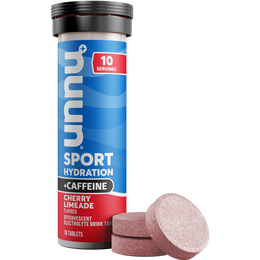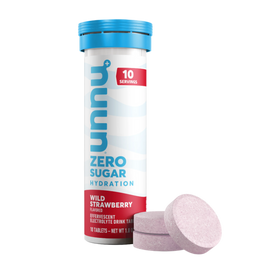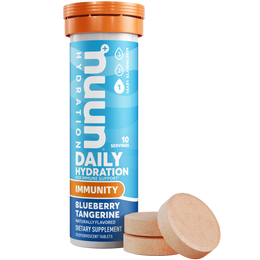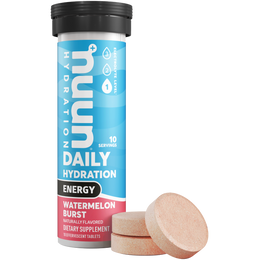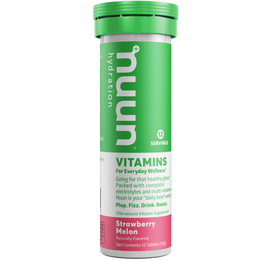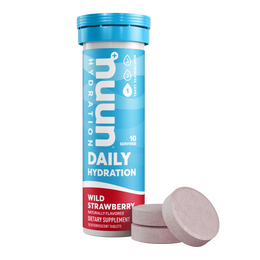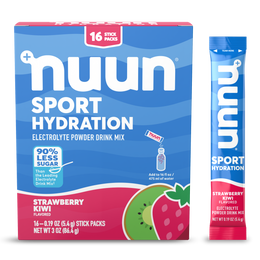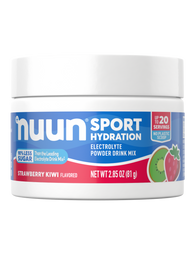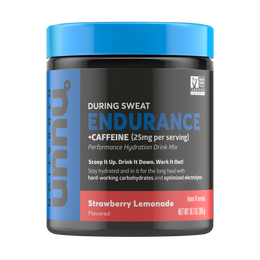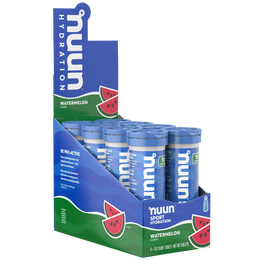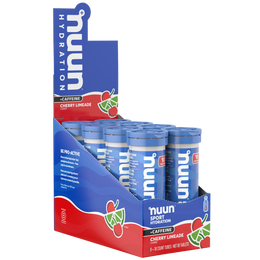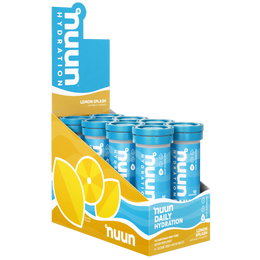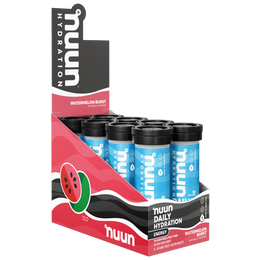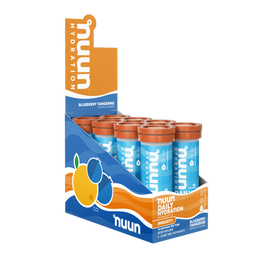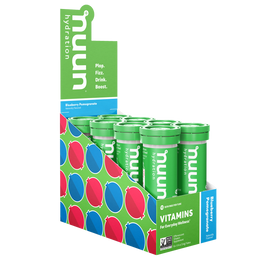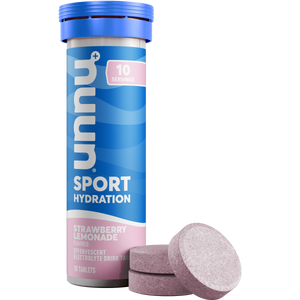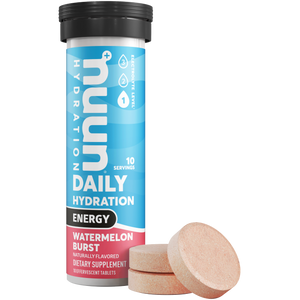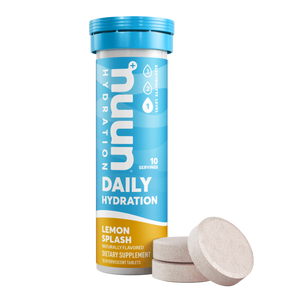Sodium is a crucial element for our health, yet it’s had something of a bad reputation. The complex nature of sodium makes it almost impossible to label it wholly beneficial or harmful. Learn about the role of sodium in the body, why it’s important, signs and symptoms of having too much or too little sodium, and the daily recommended intake.
What Is Sodium?
Sodium is a mineral that plays a vital role in the body. It’s essential for maintaining cellular function and fluid balance.i Sodium plays a role in regulating blood pressure, supporting nerve function, and aiding in muscle contractions.i Without sufficient sodium, our bodies would struggle to perform these critical functions.
How Does Body Use Sodium?
Sodium is integral to several physiological processes that are crucial for maintaining overall health and function. Here are the key ways in which sodium supports your body:
Nerve Impulse Generation
-
Brain Function: Sodium is essential for generating nerve impulses, which are necessary for proper brain function. These impulses allow your brain to communicate effectively with the rest of your body.ii
-
Muscle Coordination: Sodium also plays a critical role in muscle coordination. By facilitating nerve impulses, sodium helps your muscles contract and relax smoothly, enabling movement and physical activity.ii
Fluid Regulation
-
Water Retention: Sodium helps the body retain water, which is crucial for maintaining hydration. Proper hydration supports various bodily functions, from digestion to temperature regulation.iii
-
Hydration Balance: Sodium helps balance the fluids inside and outside your cells, ensuring that your body maintains an optimal level of hydration.i
Optimal Cellular Function
-
Cell Health: Sodium contributes to the overall health and functionality of your cells. By maintaining fluid balance, sodium ensures that cells can perform their functions efficiently, from nutrient absorption to waste elimination.i
-
Nutrient Transport: Sodium aids in the active transport of essential nutrients, such as glucose and amino acids, into cells. This process is crucial for providing cells with the energy and materials needed for growth and repair.i
-
Waste Removal: Sodium assists in the elimination of metabolic waste products from cells. This helps keep cells healthy by preventing the buildup of harmful substances and ensuring proper cellular function.i
By supporting nerve function, fluid balance, and cellular health, sodium helps your body operate at its best.
Signs and Symptoms of Low Sodium (Hyponatremia)
Hyponatremia occurs when sodium levels in the blood are too low.iv This can lead to a range of symptoms that can significantly impact your well-being:iv
-
Fatigue: Feeling unusually tired and lacking energy.
-
Headaches: Experiencing persistent or severe headaches.
-
Confusion: Difficulty thinking clearly or feeling disoriented.
-
Muscle Cramps: Painful contractions or spasms in the muscles.
-
Nausea and Vomiting: Feeling sick to your stomach and potentially vomiting.
-
Weakness: General muscle weakness or reduced strength.
Causes of low sodium levels include excessive fluid intake, certain medications, and underlying medical conditions.iv If you experience any of these symptoms, it's important to seek medical advice.iv Maintaining appropriate sodium levels is crucial to prevent these serious health conditions and ensure optimal body function.
Signs and Symptoms of High Sodium (Hypernatremia)
Too much sodium (hypernatremia), on the other hand, results from excessive sodium intake. This condition can lead to several noticeable symptoms, including:v
-
Dehydration: Feeling excessively thirsty and having dry mouth or mucous membranes.
-
High Blood Pressure: Elevated blood pressure readings that can increase the risk of heart disease and stroke.
-
Swelling: Edema or swelling, particularly in the hands, feet, and ankles.
-
Headaches: Persistent headaches that can be severe.
-
Nausea: Feeling sick to your stomach and potentially vomiting.
-
Restlessness: Feeling unusually agitated or restless.
-
Weakness: General muscle weakness or a feeling of fatigue.
-
Confusion: Difficulty thinking clearly or experiencing disorientation.
Consuming a diet high in sodium, due to high consumption of processed foods, fast foods, or added salt, can contribute to elevated sodium levels in the body. Staying hydrated and eating a well-balanced diet are important for overall health and wellness.
What Is the Daily Recommended Sodium Intake?
The recommended daily intake of sodium varies based on factors such as age, health status, and activity levels. Generally, it’s advised that people 14 and older consume less than 2,300 milligrams of sodium per day; it’s even less for younger and little ones.vi However, individual needs can vary, and it's essential to tailor sodium intake to your specific health requirements.
Why Is Sodium Important?
The main benefit of sodium is its pivotal role in effective hydration. During physical activity, we lose sodium through sweat, which needs to be replenished to maintain electrolyte balance.vii Products like Nuun hydration tablets can help manage sodium levels, ensuring that you stay hydrated and perform at your best during exercise. Proper hydration strategies are vital for everyone, but especially for athletes and active individuals that need to maintain peak performance.
So, Is Sodium Good or Bad?
Sodium is neither wholly good nor bad. It is a necessity and supports numerous bodily functions. The key is to find a balance that suits your individual needs. Using Nuun hydration products in your hydration regimen can help you maintain a healthy electrolyte balance, helping you stay hydrated.
By understanding the role of sodium in our bodies, we can make informed choices about our diet and hydration practices. Embrace proactive hydration with Nuun to support your active lifestyle and live life more hydrated.
Key Takeaways
-
Sodium is an essential mineral needed for nerve impulses, muscle coordination, fluid balance, and cellular health.
-
Maintaining a proper sodium balance is important, as too little (hyponatremia) or too much (hypernatremia) can cause health problems such as fatigue, confusion, headaches, and muscle cramps.
-
Adults and teens are generally advised to limit sodium intake to less than 2,300 mg per day, though individual needs can vary based on health factors.
-
Sodium plays a critical role in hydration, particularly during exercise or physical activity when electrolytes are lost through sweat.
-
Using electrolyte supplements such as Nuun hydration tablets can help maintain healthy sodium levels and support overall hydration and wellness.
References:
